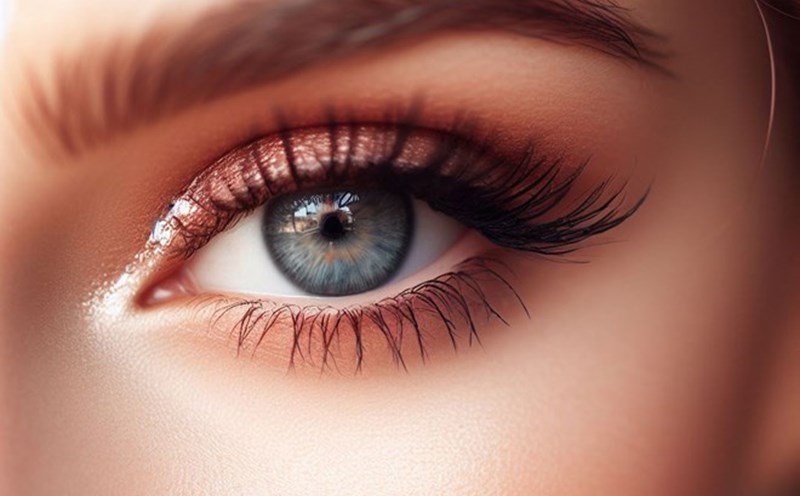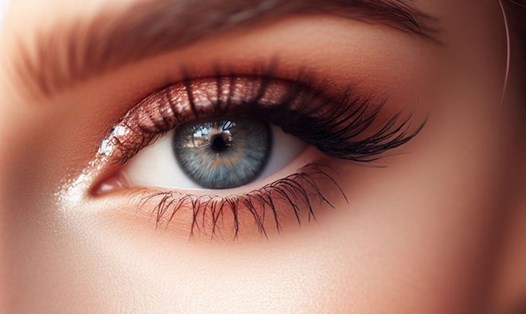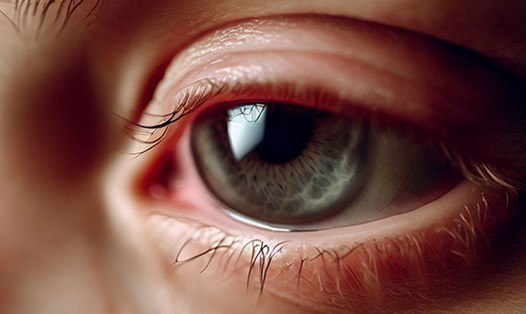The link between stress and vision
According to Dr. Anjal Shah - Consultant Ophthalmologist, Cataract and Refractive Surgeon, Maxivision Eye Hospital (India), stress is the body's way of responding to threats, when the body will produce hormones such as cortisol and adrenaline. These hormones can cause symptoms such as eye strain and blurred vision. In addition, the American Academy of Ophthalmology (AAO) said that high levels of cortisol and adrenaline can increase eye pressure, make the eyes sensitive to light, cause eye twitching or headaches.
Temporary blurred vision: When you're stressed, your body can produce stress hormones like adrenaline, which change your blood flow and blood pressure. This can cause you to experience temporary blurred vision or have trouble adjusting your vision.
Dry eyes: Stress can decrease blinking frequency and increase dry eyes, causing a gritty, itchy, and uncomfortable feeling.
Increased risk of eye diseases: Chronic stress can contribute to the development of serious eye diseases such as glaucoma by increasing blood pressure and affecting blood circulation in the eyes.
Eye fatigue: When you are stressed, you can easily experience eye fatigue, especially if you have to work continuously in front of a screen or read for long periods of time without taking a break.
Light-sensitive eyes: Stress can increase your eyes' sensitivity to light (a phenomenon called photophobia), making you feel uncomfortable when exposed to bright light.
Long-term effects on vision problems: Chronic stress can cause or worsen vision problems such as astigmatism, nearsightedness, or problems with blood vessels in the eyes.
How to Manage Stress-Related Vision Problems
“Reducing stress through relaxation, exercise, and adequate rest is not only good for your overall health, but also helps protect your eye health,” says Dr. Shah. “Prolonged stress can cause eye strain, blurred vision, and sensitivity to light. However, when stress is reduced, these symptoms improve.”
Relaxation techniques such as meditation, deep breathing and exercise help improve blood circulation and reduce eye pressure, while adequate sleep helps the eyes recover. These techniques help maintain eye health and reduce the risk of vision problems caused by stress."









